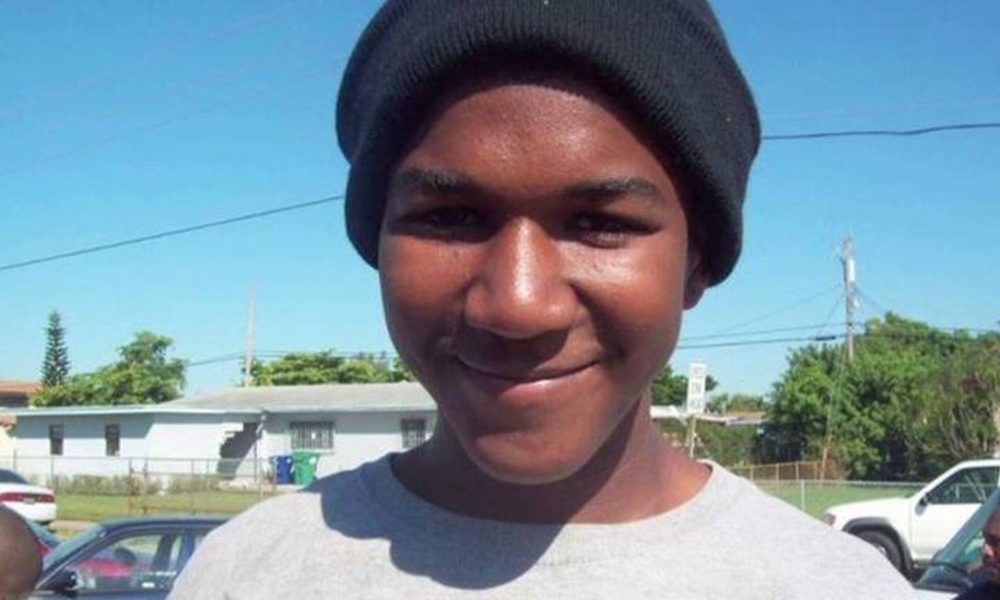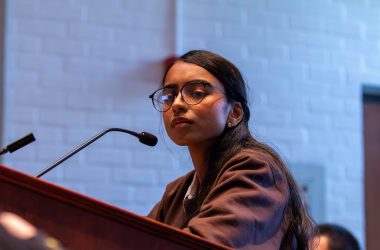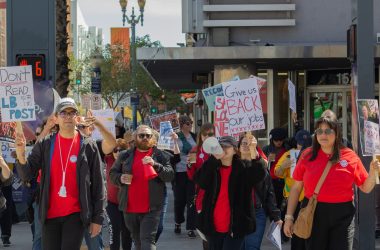Nine years after his death, people across the nation on social media are remembering Trayvon Martin while looking back on the legacy that inspired the Black Lives Matter movement.
While visiting his father’s house in Sanford, Florida, Martin was shot and killed by George Zimmerman, the captain of the neighborhood community watch, on Feb. 26, 2012. He was 17 years old.
Zimmerman, who was sitting in his car, saw Martin walking down the street in a gray hoodie and deemed him suspicious, calling 911. The 911 operator then instructed Zimmerman to stop pursuing the teenager as they would be sending a police officer over to check out the situation.
But Zimmerman continued to follow Martin and, after a brief altercation, he shot Martin, claiming self-defense.
Over a year later on July 13, 2013, Zimmerman was acquitted of all charges, including murder in the second degree, sparking outrage and protests across the country.
More than 100 people gathered the following day in Long Beach’s Bixby Park for a peaceful demonstration, hosted by Long Beach State’s African Student Union, in support of Martin, with many participants believing the jury made a mistake.
“The jury got it wrong — [Zimmerman] killed a teenager for no reason,” Paul Hernandez, a CSULB student, said in 2013 following the verdict. “He should be in jail.”
People also took to social media, using the hashtag #BlackLivesMatter, to voice their disapproval over the verdict, creating the path for what is now a global organization in the United States, United Kingdom and Canada “whose mission is to eradicate white supremacy and build local power to intervene in violence inflicted on Black communities by the state and vigilantes.”
In recent years, BLM has been at the forefront of several protests, calling for equity and police reform after the murders of more Black individuals, including Michael Brown, Sandra Bland, Eric Garner, George Floyd, Breonna Taylor and many others.
Founded by Patrisse Cullors, Opal Tometi and Alicia Garza, BLM have created a space where these women have become vocal leaders for projects supporting Black leadership, art and culture.
“So much of our history has been being unsafe in this country,” Cullors said during the latest BLM “We Keep Us Safe” Community Call on Jan. 19, 2021. “We cannot rely on police, we can’t rely on CIA and the FBI to keep us safe, and so we’ve created networks in our community to keep us safe.”
In an opinion piece for NBC News, Cullors said the killing of Martin in 2012 was the “catalyst” for Black millennials to fight back against oppressive forces. It inspired the development of dozens of organizations in support of Black lives who were ready to take action by the time of Zimmerman’s acquittal in 2013, she said.
She wrote that “these Black-led institutions developed a generation of leaders, who, though they didn’t know it, would soon take on the institution of law enforcement and become the key strategists for local, state, and national politics.”




